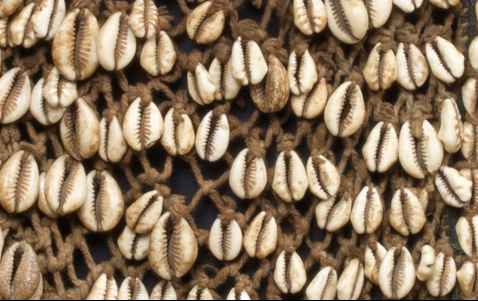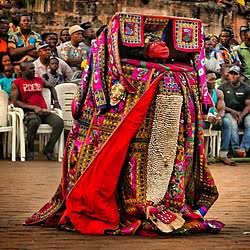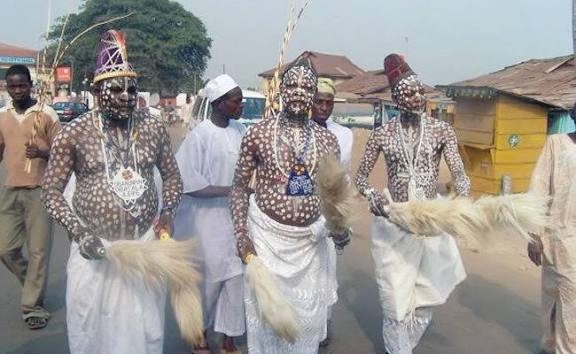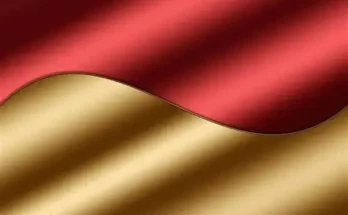By Ejiofor Toochi
Edited by Ezennia Uche
In today’s world, many traditions and cultural practices are slowly fading. Yet in Ikeja, the Yoruba people continue to keep their age-long festivals alive. Passed down through generations, these celebrations remain a vital part of Yoruba culture, reflecting deep connections to ancestral roots and spiritual beliefs.
Here are three Yoruba festivals still celebrated in Ikeja:
Odun Aje

Odun Aje is a major Yoruba festival that honours Aje, the deity of wealth and prosperity. Held annually, it focuses on invoking abundance, financial stability, and economic success for individuals and communities. The festival is especially important for market traders but extends to anyone seeking financial security.
More than a day of festivity, Odun Aje is a solemn occasion for prayers, rituals, and offerings to the deity. Traditionally, it is celebrated on a Monday — known in Yoruba as Ojo Aje (“the day of Aje/Wealth”) — believed to carry special spiritual significance for prosperity.
Egungun

The Egungun Festival, held annually between late February and early March, is one of the most colourful Yoruba celebrations. Lasting seven days and sometimes up to two weeks, it honours the spirits of ancestors believed to return to the world of mortals during the festival.
Masquerades known as Egungun or Eegun, representing ancestral spirits, parade through streets and marketplaces in vibrant costumes. Guided by the Ifa Oracle, they perform dances, rituals, and dramatic acts that cleanse communities, reinforce moral values, and strengthen family and communal bonds. Beyond its spiritual core, the festival also fosters trade, cultural unity, and social cohesion in Yorubaland.
Ìṣẹ̀ṣe

Ìṣẹ̀ṣe, meaning “tradition,” is considered the heartbeat of Yoruba spirituality. Celebrated annually on August 20, it is a day dedicated to honouring the Orishas, the land, and unseen forces believed to guide human life.
Communities mark the day with drumming, music, traditional dances, prayers, and rituals dedicated to various deities. Families also remember their ancestors through symbolic offerings. Sacrifices — sometimes involving cows, goats, dogs, or birds — are made at specific locations tied to each god, such as rivers for Osun or shrines for Oro. Worshippers typically dress in white, often accented with red and black, as they gather to celebrate.
These festivals show that despite modern change, Yoruba traditions remain deeply rooted in Ikeja, offering not just celebration but a bridge between past and present.







